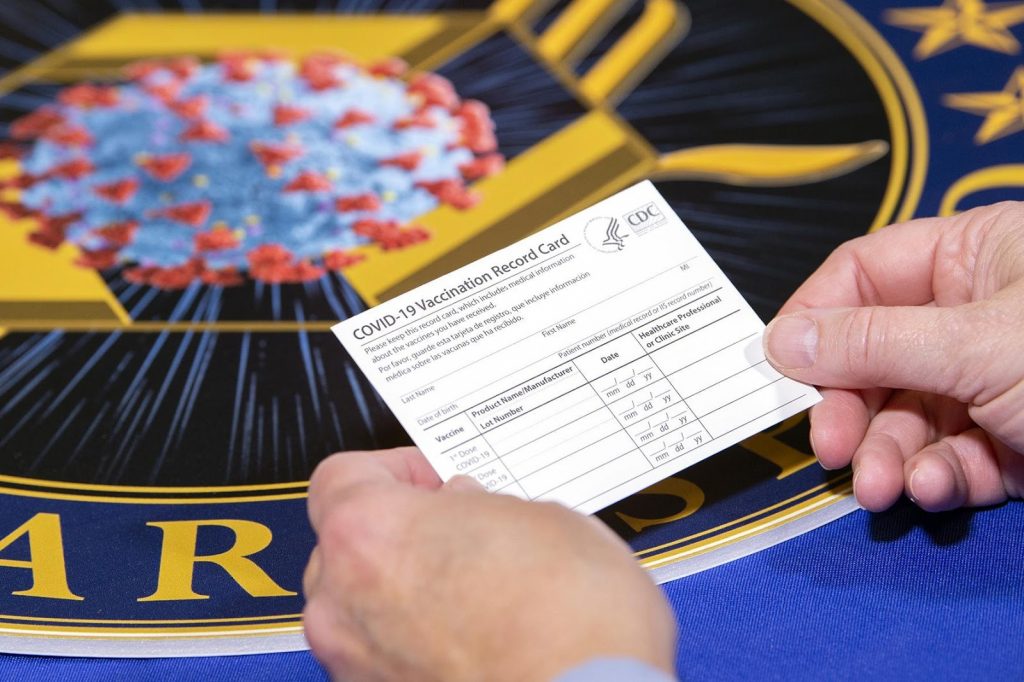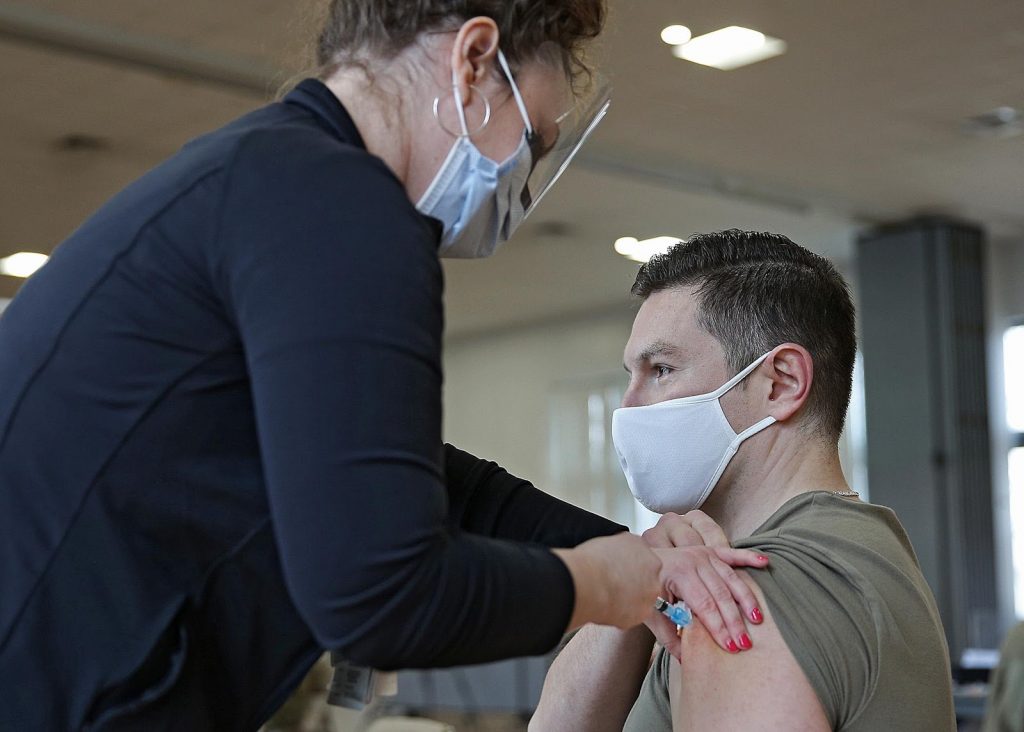Have you been wondering when you will get the coronavirus vaccine, where to get it, and what to expect? Here is a summary of everything you need to know.
You will receive a letter, phone call, email, or text message inviting you to an appointment.
When you show up for your vaccination appointment, the CDC recommends covering your mouth and nose with a mask and staying at least six feet away from others.
The actual vaccination process will be similar to how it has been when you receive a flu shot or most other vaccines. That is, a spot on your upper arm will be sterilized with isopropyl alcohol or something similar, and you will receive the injection.
You need to have 2 doses of the vaccine and go to 2 appointments. The first dose of the COVID-19 vaccine should give you good protection against the coronavirus. But it is very important that you get both doses of the vaccine to give you the longest-lasting protection.
You may be invited to get vaccinated at:
- a Hospital
- Your GP surgery
- a Vaccination Center
- a Drugstore
- and more! Check our FAQ, “How do I get my Covid-19 Vaccine”

After your shot, you will receive a vaccination card that tells you which COVID-19 vaccine you received, the date you received it, and where you received it.
You should also receive a printed or electronic version of a fact sheet that gives you more information about the specific COVID-19 vaccine offered to you.
What can you expect after receiving the COVID-19 vaccine?
You will not be considered fully vaccinated against COVID-19 until two weeks after you receive a second injection, which is usually given a few weeks after the first.
You may experience some side effects after getting vaccinated. These are the most common side effects of the COVID-19 vaccine, according to the CDC:
- Pain at the injection site
- Swelling in the arm where you received your injection
- Fever
- Cold
- Fatigue
- Headache
Should I delay vaccination if I recently had COVID-19?
COVID-19 vaccines can be administered to those with a history of SARS-CoV-2 infection. Vaccination should be postponed until recovery from acute illness (if the person exhibits symptoms) and criteria for discontinuation of isolation have been met. However, there is no minimum interval between infection and vaccination.
Evidence suggests that reinfection is rare within 90 days of initial infection, so people can postpone vaccination until the end of this period if they wish, but receiving the vaccine is not a requirement.

According to CDC, these tips will help you know what to expect when you get vaccinated, what information your provider will give you, and the resources you can use to manage your health after your vaccination.
Before Vaccination
- See if COVID-19 vaccination is recommended for you right now.
- Learn more about the different types of COVID-19 vaccines and how they work.
- Learn more about the benefits of getting a COVID-19 vaccination.
- When you get the vaccine, you and your healthcare worker will both need to wear masks that cover your nose and mouth. Stay 6 feet away from others while inside and in lines.
- Learn more about protecting yourself during visits to the doctor or a pharmacy.
When You Get Vaccinated
- You should receive a vaccination card or printout that tells you what COVID-19 vaccine you received, the date you received it, and where you received it.
- You should receive a paper or electronic version of a fact sheet that tells you more about the specific COVID-19 vaccine you are being offered. Each authorized COVID-19 vaccine has its own fact sheet that contains information to help you understand the risks and benefits of receiving that specific vaccine.
- All people who get a COVID-19 vaccine should be monitored on-site. Learn more about COVID-19 vaccines and rare severe allergic reactions.
After Vaccination
- With most COVID-19 vaccines, you will need two shots in order for them to work. Get the second shot even if you have side effects after the first one unless a vaccination provider or your doctor tells you not to get a second shot.
- Ask your healthcare provider about getting started with v-safe, a free, smartphone-based tool that uses text messaging and web surveys to provide personalized health check-ins after you receive a COVID-19 vaccination. V-safe also reminds you to get your second dose if you need one. Learn more at www.cdc.gov/vsafe.
- It takes time for your body to build protection after any vaccination. COVID-19 vaccines that require 2 shots may not protect you until a week or two after your second shot
While The Village Doctor is trying to keep our stories as up-to-date as possible, we also encourage readers to stay informed on news and recommendations for their own communities by using the CDC, WHO, and their local public health department as resources.


